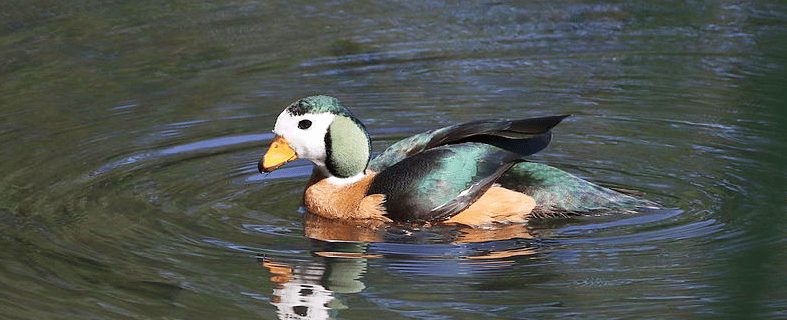Source: Prof Mike Muller, The Conversation, 24 May 2021, photo credit: Wikimedia Commons
After good summer rains, the dams that supply water to Johannesburg and much of South Africa’s economic heartland are full. This, then, is the time to start worrying about water supplies.
It may sound odd but it’s a lesson learnt from cities across the world over the past two decades. Whether it was Sydney and Melbourne in Australia, Chennai in India, Barcelona in Spain or São Paulo in Brazil, we have seen that, too often, water crises occur because societies don’t take action until it’s already too late.
South Africa had that experience with its Day Zero crisis in Cape Town between 2015 and 2019. Nelson Mandela Bay, in the Eastern Cape province, is currently providing more evidence. Despite being advised for more than a decade that its supply infrastructure was inadequate, the municipality did not act and now the dams are almost empty.
The immediate question is whether Johannesburg and the rest of the Gauteng province and surrounding region can avoid that experience.
The region gets its water from the Integrated Vaal River System, of which the Lesotho Highlands Water Project is an important part. Completion of Phase 2 of this project, which will increase available supplies, is already nearly a decade late and water use has been growing steadily. Tenders to build the dam and tunnel for the second phase have not yet been awarded. The earliest that they will provide additional water is 2027.
Read more
The South African Pork Producers’ Organisation (SAPPO) coordinates industry interventions and collaboratively manages risks in the value chain to enable the sustainability and profitability of pork producers in South Africa.
















